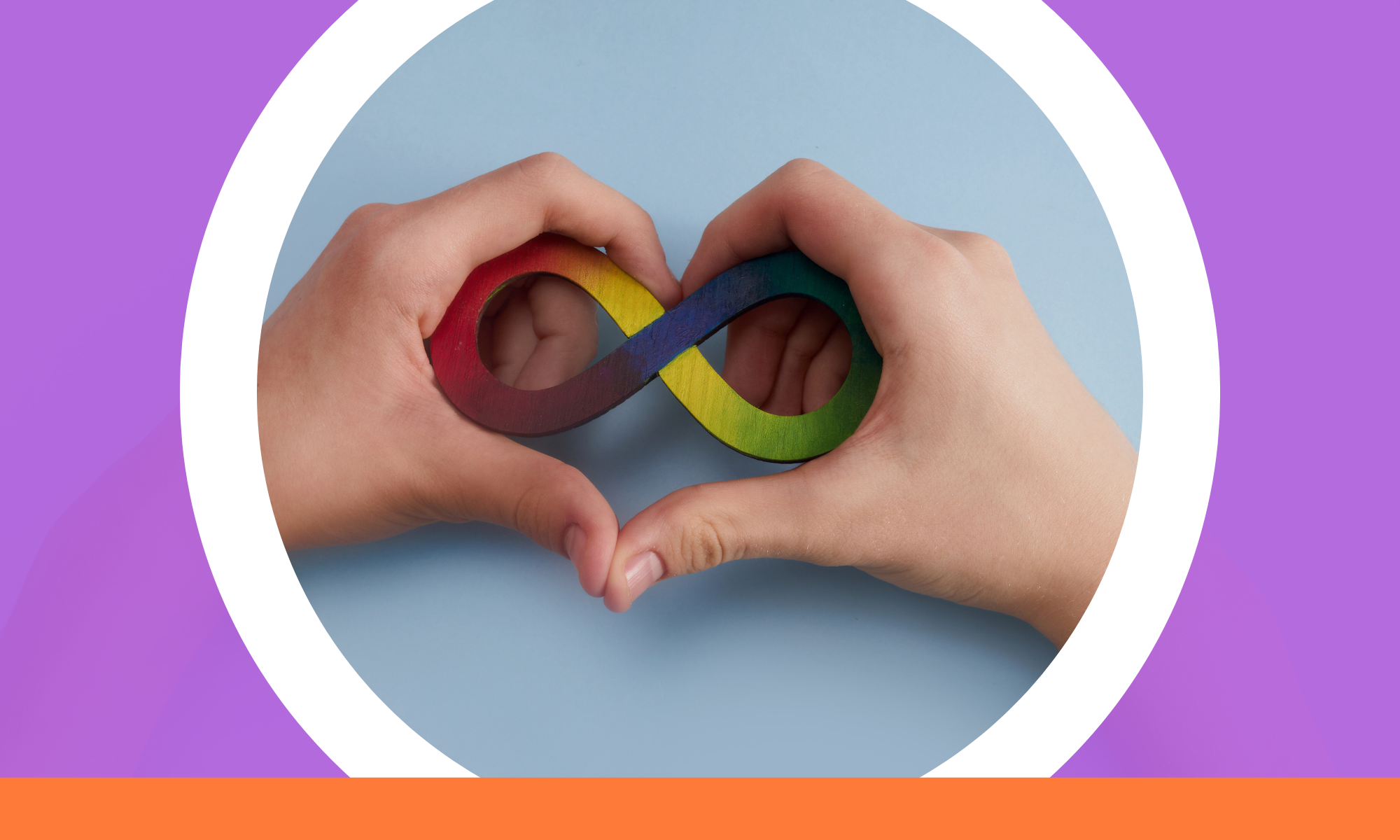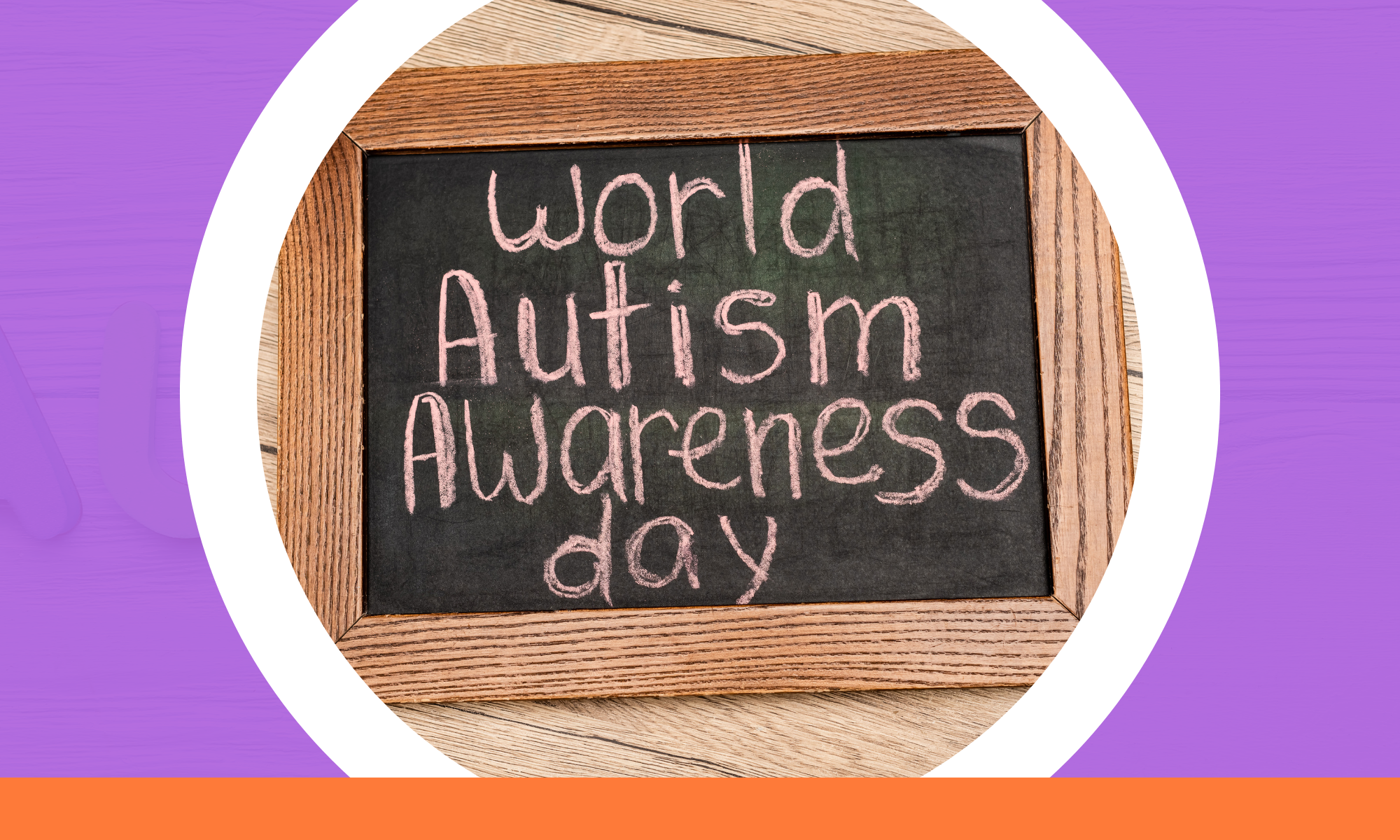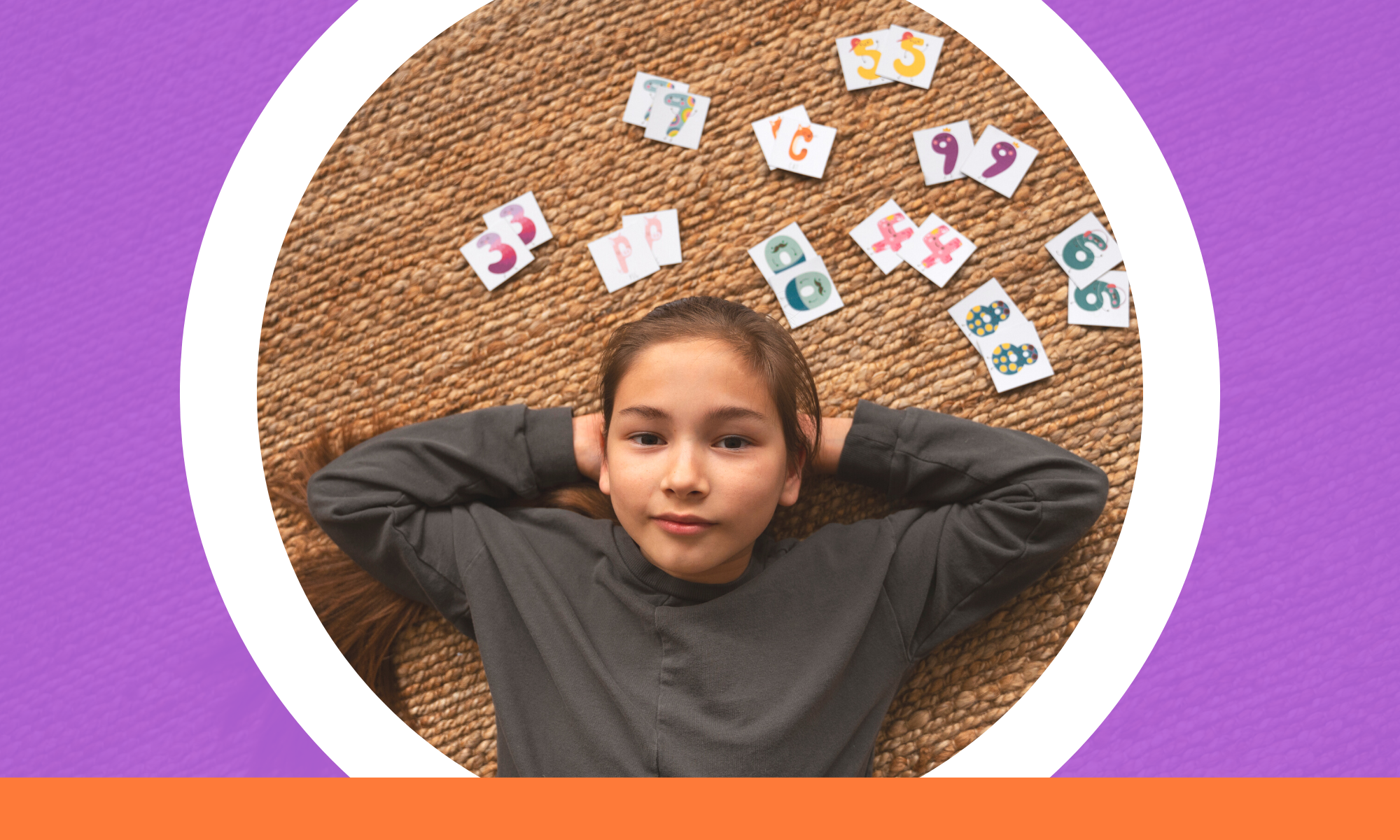Understanding the Different Types of Autism
With every individual’s experience being unique, understanding and learning the different types of autism, including the individual needs and therapies for intervention associated, is not only helpful but essential to developing successful support plans. These plans can be tailored specifically for your loved one.
Whether you’re a parent trying to gain an understanding of this condition or a healthcare professional looking to expand on your knowledge, this article will provide insight into aspects surrounding various types of autism.
What are the Traits of Autism?
Traits of autism can vary, but common signs include differences in social interaction, communication differences and self-expression body language
Children with autism may also autistic sensory perception, such as being sensitive to noise or light.
Therapies for Intervention and Support
It is crucial for individuals with autism to receive support from a multidisciplinary team of professionals, including paediatricians, psychiatrists, and therapists.
Families and caregivers can also benefit from support groups and educational resources.
The Different Types of Autism
Classic Autism
Classic autism affects communication, social interaction and behavior. It is seen as a range of conditions as it can show up differently in each individual.
Common Traits of Classic Autism are:
Treatment includes behavioral management therapy and cognitive behavior therapy depending on the needs. In Ireland, there are a variety of resources available for individuals and families affected by classic autism. The HSE provides a range of services, including assessments, diagnosis, and support for children and adults. There are several non-profit organisations such as ASD Ireland, AsIAm, and the Irish Society for Autism that provide information, advocacy, and support for those with autism.
Did You Know?
A policy advice report by the National Council for Special Education on Supporting Students with Autism in Schools, noted that 1 in 65, or 1.5%, of the school-going population in Ireland, had a diagnosis of autism.
Pervasive Developmental Disorder-Not Otherwise Specified (PDD-NOS)
PDD-NOS is a term used to characterise differences in socialisation and communication skills. It is considered a milder form of autism. People with PDD-NOS often display traits of autism but do not meet the criteria for a specific diagnosis of autism.
Common Traits of PDD-NOS are:
However, the symptoms of PDD-NOS can vary widely from person to person. It is important for individuals with PDD-NOS to receive early intervention and support to help them overcome certain characteristics. Treatment typically involves a combination of behavioral therapy and speech therapy.
Rett Syndrome
Rett Syndrome is a rare genetic neurological disorder that affects the development of the brain. It primarily affects females.
Common Traits of Rett’s Syndrome are:
There is currently no cure for Rett Syndrome, but there are supportive treatments that can help manage traits and improve the quality of life. Support can involve medication for breathing irregularities and coordination. Occupational therapy and physical therapy to prolong mobility can also be used.
Childhood Disintegrative Disorder
This is a rare condition that affects children between the ages of 3 and 4 years old. Children with this will experience a significant loss of language, social, and motor skills that have been previously acquired.
Common Traits of Childhood Disintegrative Disorder are:
Support includes anti-seizure medications, behaviour therapy and speech and language therapy.
Every individual with autism will have unique traits and characteristics. Early intervention is essential in helping individuals achieve their full potential. As technology evolves and medical science progresses, the definitions and categories of autism will likely expand and become even more finely tailored. While no two individuals with autism are the same, understanding the different types of autism is a valuable step towards providing the right people with the right skills and knowledge to provide any support required.
Our Core Values
Understanding: We strive to make the process as easy and comfortable as possible.
Empathy: We always listen to and support the children and families who come to us.
Professionalism: Our clinicians are experts in their field.
Quality: Our reports are written to meet HSE standards.












